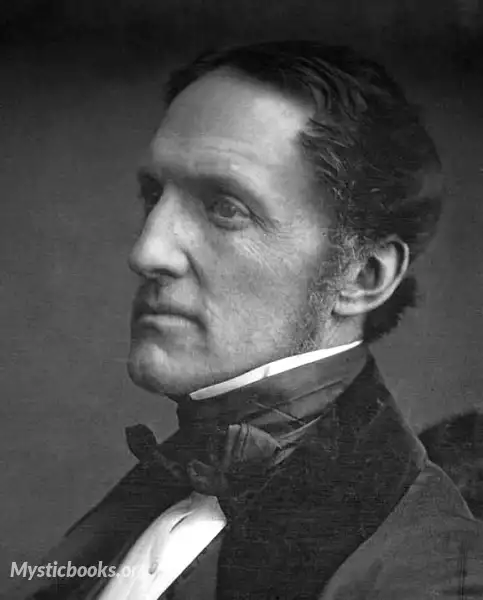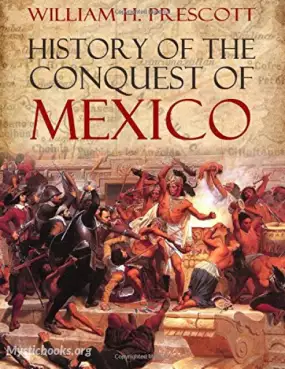
Timeline
Title
Country/Nationality
W.H. Prescott
William Hickling Prescott was an American historian and Hispanist, who is widely recognized by historiographers to have been the first American scientific historian. Despite having serious visual impairment, which at times prevented him from reading or writing for himself, Prescott became one of the most eminent historians of 19th century America. He is also noted for his eidetic memory.
After an extensive period of study, during which he sporadically contributed to academic journals, Prescott specialized in late Renaissance Spain and the early Spanish Empire. His works on the subject, The History of the Reign of Ferdinand and Isabella the Catholic (1837), The History of the Conquest of Mexico (1843), A History of the Conquest of Peru (1847) and the unfinished History of the Reign of Phillip II (1856–1858) have become classic works in the field, and have had a great impact on the study of both Spain and Mesoamerica. During his lifetime, he was upheld as one of the greatest living American intellectuals, and knew personally many of the leading political figures of the day, in both the United States and Britain. Prescott has become one of the most widely translated American historians, and was an important figure in the development of history as a rigorous academic discipline. Historians admire Prescott for his exhaustive, careful, and systematic use of archives, his accurate recreation of sequences of events, his balanced judgments and his lively writing style. He was primarily focused on political and military affairs, largely ignoring economic, social, intellectual, and cultural forces that in recent decades historians have focused on. Instead, he wrote narrative history, subsuming unstated causal forces in his driving storyline.
William H. Prescott was born in Salem, Massachusetts on May 4, 1796, the first of seven children, although four of his siblings died in infancy. His parents were William Prescott Jr., a lawyer, and his wife, née Catherine Greene Hickling. His grandfather William Prescott served as a colonel during the American Revolutionary War.
Prescott began formal schooling at the age of seven, studying under Mr. Jacob Knapp. The family moved to Boston, Massachusetts, in 1808, where his father's earnings substantially increased. His studies continued under Dr. John Gardiner, rector of Trinity Episcopal Church. As a young man, Prescott frequented the Boston Athenæum, which at the time held the 10,000-volume private library of John Quincy Adams, who was on a diplomatic mission to Russia. In 1832, Prescott became a trustee of the library, a position he held for 15 years.
William H. Prescott and Susan Amory Prescott (c. 1799–1859) had four children; the first, Catherine Prescott (1824–1829) died of a childhood illness. William Gardiner Prescott (1826–1895) attended Harvard from 1841 to 1844 and worked as a lawyer in Boston. He married Josephine Augusta Peabody on November 6, 1851, and inherited Headquarters House. William Gardiner's daughter Catherine Elizabeth Prescott married Hebert Timmins on February 22, 1887. Elizabeth (1828–1864) married James Lawrence, a distant cousin. The youngest was William Amory (1830–1867).
In 1837, he was elected as a member of the American Philosophical Society. In 1845 Prescott was elected an honorary member of the Massachusetts Society of the Cincinnati.
In January 1859, Prescott decided to resume his work on Philip II, with the goal of writing a final fourth volume. On January 29, he had a second stroke, which resulted in his immediate death. He was buried with his parents in St. Paul's Church, and his funeral was attended by representatives, among others, of Harvard University, the American Academy of Arts and Sciences and the Essex Institute.
Books by W.H. Prescott

History of the Conquest of Mexico
William H Prescott was an American historian whose sight had reduced him to near blindness, and who had never visited Mexico, yet researched and reconstructed original documents to produce a thrilling account of an epic seriesof events. The year is 1...